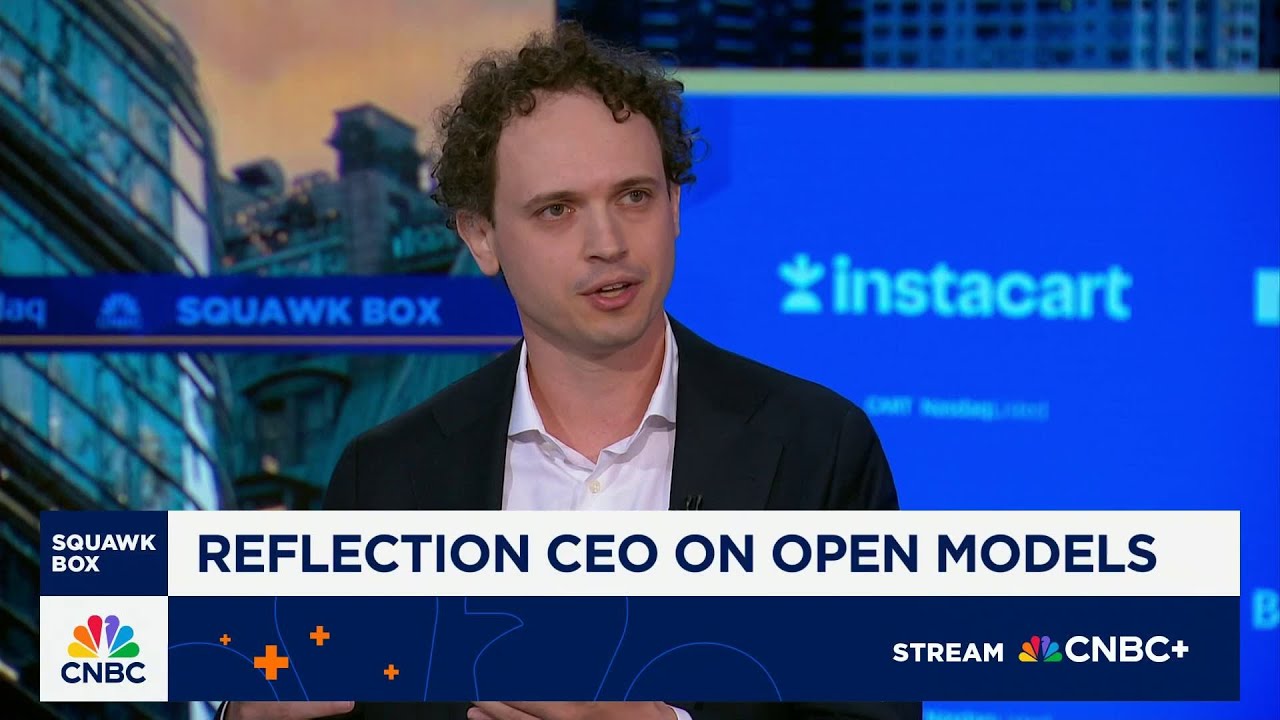Reflection AI is a relatively young but fast‑rising startup whose co‑founders, Misha Laskin (CEO) and Ioannis Antonoglou, bring deep pedigree from DeepMind. They are building what they call a frontier open intelligence, with a particular emphasis on autonomous coding agents as the first major demonstration of what they believe to be the path toward broader superintelligence.
Vision & Mission
Reflection AI’s mission is ambitious: to make AI not only more capable but more autonomous—able to perform knowledge work end‑to‑end, starting with software engineering. That means AI agents that don’t just suggest lines of code, but that understand code bases, plan tasks, test, debug, deploy, optimize, all with high reliability. They believe autonomous coding is a “root node problem” — solve that well, and you’ve solved many of the challenges inherent in advancing AI more generally. They also place a strong emphasis on real‑world evaluation over just benchmark scores. For Reflection, it’s crucial that these agents actually work in production use‑cases, with reliability, safety, and continuous improvement.
Strategy & Approach
Open intelligence / open source ethos: They are targeting open models, open‑agent architectures—to give flexibility, transparency, and community contribution.
Reinforcement Learning + LLMs: The technical backbone involves using large language models plus reinforcement‑learning methods (post‑training, etc.) to go beyond simple “next token prediction” to being able to plan and act.
Strong team & compute resources: Given the scale of what they are attempting, they are backed by major investors (e.g. Lightspeed, Sequoia) and leveraging heavy compute infrastructure.
Challenges & Opportunities
Opportunities
- Huge demand from developers and companies for tools that reduce engineering overhead, increase productivity, reduce bugs / vulnerabilities. An autonomous agent that is reliable in coding could be transformative.
- The open source / open intelligence movement is growing, and there is appetite for models with greater transparency and customization. This plays to Reflection’s strengths.
Challenges
- Reliability & safety: Autonomous agents that touch production code risk causing errors, security vulnerabilities, etc. Ensuring guarantees and robust testing is non‑trivial.
- Compute & cost scaling: Training powerful agents, operating them in production, requires massive compute and engineering.
- Competition: Other AI labs and companies are also investing in agentic AI, LLMs, open source. Reflection will have to differentiate strongly.
Leadership Style & CEO Role
As CEO, Misha Laskin seems to combine deep technical understanding (especially from her work at DeepMind, including reward modeling for Gemini) with a product‑oriented mindset: she and her team do not regard models in isolation but think of “systems” that must be reliable, safe, useful. She’s driving toward a vision of enabling users to “direct” superintelligent agents rather than being hands‑on with every detail.
In summary, Reflection AI under CEO Misha Laskin is building toward what might be called frontier open intelligence: autonomous agents capable of knowledge work, starting with software engineering, guided by strong technical foundations, an open philosophy, and a belief that real‑world performance and safety will win over benchmarks. Whether they succeed will depend on both their technical execution and how well they navigate the tradeoffs of transparency vs safety, speed vs reliability, and openness vs commercialization.

